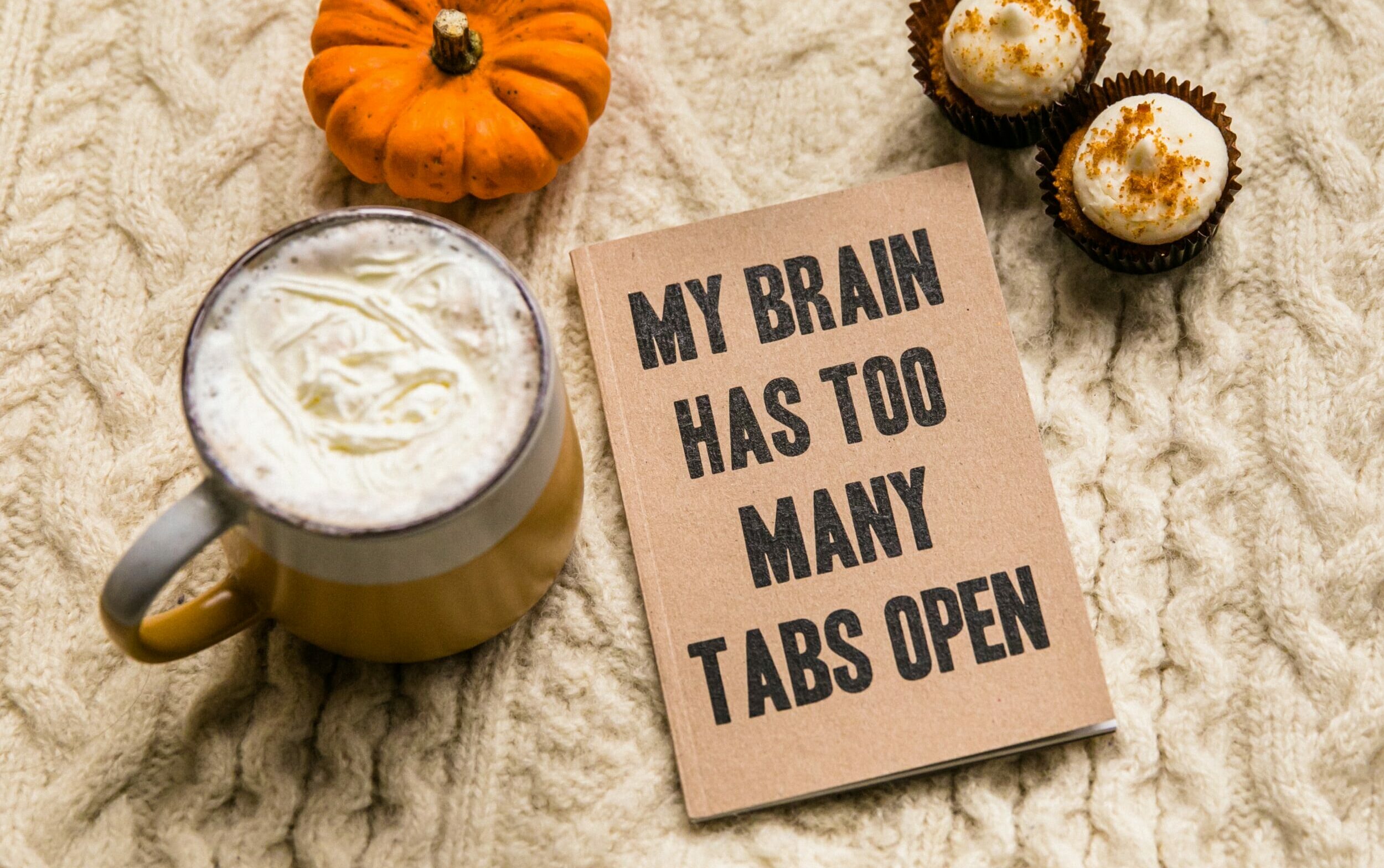Have you ever felt like 20 tabs are running in your head? 5 of them are frozen and suddenly you don’t know where a tune of music is coming from? The mind of an average ADHD person runs this hyperactivity at least every other day. Attention Deficit Hyperactivity Disorder (ADHD) is a neurodevelopmental disorder. It is associated with impaired levels of lack of attention, along with hyperactivity and impulsivity. ADHD is known to often develop in infancy and commonly continue into adulthood.
ADHD is frequently connected with poor results in academics, occupational performance, and social interactions in adulthood. Not only symptoms, but this blog will also guide us to other related problems with ADHD, its causes, complications and when we should visit a doctor.
What is the difference between normal and ADHD behavior?
Almost everyone gets ADHD-like symptoms at some stage of their life. If your troubles are new or have occurred relatively seldom in the past, you are unlikely to have ADHD. Only when symptoms are strong enough to create continuing issues in more than one area of your life, you may question if you are ADHD diagnosed. These chronic and bothersome symptoms can be traced back to infancy.
Symptoms in Young Adults
The signs of ADHD in adulthood are more elusive to pinpoint. This is mostly because there isn’t enough study on adults with ADHD. As the demands of adult life mount, hyperactivity tends to decline while inattentiveness continues to persist. Approved by experts, the following are the most common symptoms of ADHD that can be seen in young adults:
- Having difficulty multitasking
- Inadequate planning skills
- Inattention to detail and carelessness
- Ineffective organizational abilities
- Difficulty in concentrating or prioritizing
- Missing or misplacing items regularly
- Agitation and lightheadedness
- Having difficulties being silent and speaking out of turn
- Responding quickly and frequently disrupting others
- Mood swings, impatience, and a short temper
- Inability to handle stress
- Inconsistent performance
- Poor sense of time
- Insufficient restful sleep
- Unexpectedly low achievements (not failing, but not achieving what you feel you should be or could be)
- Addiction to or misuse of drugs
ADHD and related problems in adults
As with ADHD in kids and teens, adult-onset ADHD can coexist with several other disorders or issues. Depression is among the most prevalent ones. Along with ADHD, people may also have the following conditions:
- Personality disorders: Conditions where a person’s thought, perception, emotion, or interpersonal interaction is very different from that of the ordinary person.
- Obsessive-compulsive disorder (OCD): Obsessive thoughts and compulsive activity that affects your mood, causing it to swing from one extreme to another.

Relationship and social interaction issues might arise as a result of the behavioral issues connected to ADHD.
Causes of ADHD
Although the precise causation of attention deficit hyperactivity disorder (ADHD) is unknown, a few variables are believed to blame:
- Through inheritance
The genes you acquire from your parents are generally believed to have a key role in developing the disorder. This is mainly because ADHD tends to run in families. According to research, those with ADHD are more likely to have parents or siblings with the disorder.
However, the inheritance pattern for ADHD is probably complicated and is not assumed to be due to a single genetic defect.
- Brain structure and operation
The exact relevance of probable changes in the brains of people with ADHD and those without the disorder has not yet been determined by research. Although, experts have confirmed that ADHD is not a result of parenting methods. Other research has hypothesized that neurotransmitters may be out of balance or may not function properly in the brain of someone with ADHD.
Complications
ADHD complications can make your life challenging. ADHD is associated with:
- Poor performance at job or school
- Unemployment
- Financial difficulties
- Issues involving the law
- Abuse of alcohol or any other drug
- Recurring accidents or mishaps
- Unstable connections
- Unhealthy bodily and mental state
- Bad sense of oneself
- Suicidal attempts
When to visit a doctor
ADHD cannot be cured- but is surely can be treated. Often, patients wait too long to discuss their ADHD symptoms with their doctors. You ought to have enough confidence to take the safe course and bring it up. If any of the prior mentioned symptoms keep upsetting your life, discuss the possibility of ADHD with your doctor.
The Takeaway
Here is the first part of the ADHD series, where we have shed light on knowing how to acknowledge and analyze ADHD. In the second part, we will get to how to accept and adapt to living a contented life even with ADHD.










